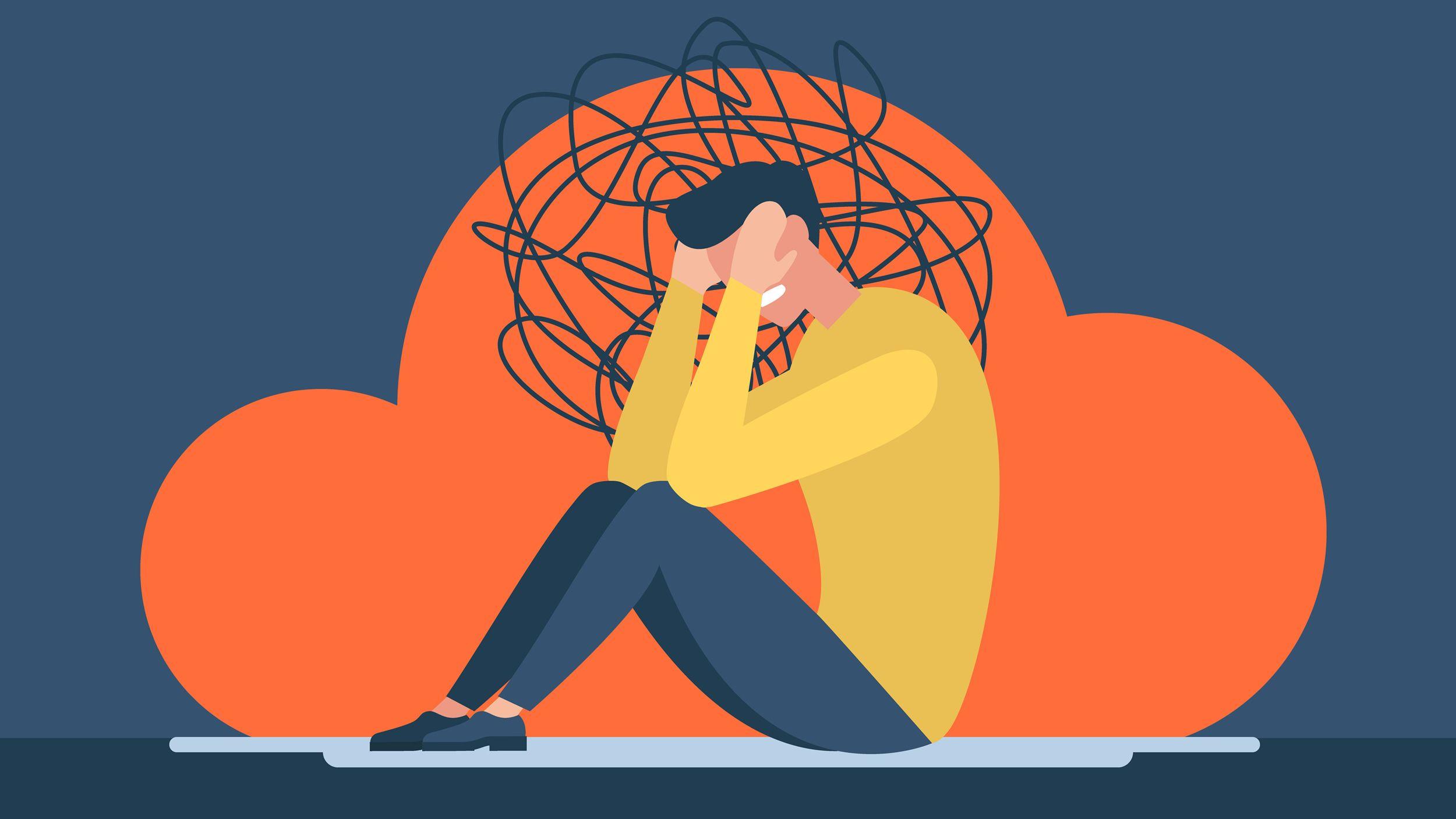April is Stress Awareness Month
Stress Awareness Month has been held every April since 1992 to increase public awareness about both the causes and cures for our modern stress epidemic. The last two years have been especially difficult, dealing with the brutal realities of the COVID-19 pandemic, so it’s even more important that we’re looking after ourselves and one another.
Stress is one of the greatest public health challenges, but it still isn’t taken seriously enough compared to physical illness. Stress is a significant factor in mental health problems like anxiety and depression, and is also linked to physical problems such as heart disease, insomnia, digestive issues, and immune system problems.
- A UK-wide stress survey found that almost three quarters of adults (74%) have at some point over the past year been so stressed they felt overwhelmed or unable to cope.
- Stress, depression or anxiety account for the majority of working days lost
- In 2020/21 stress, depression or anxiety accounted for 50% of all work-related ill health cases.
We’re running several live webinars on topics related to stress and burnout over the next few months
Interested in joining one of our webinar events, or perhaps scheduling an event for your employees? Take a look at our Educational Wellbeing Talks and Webinars page, or contact us for further information.
What is stress?
Stress is the feeling of being overwhelmed or unable to cope with mental or emotional pressure. Many different situations or life events can cause stress. It is often triggered when we experience something new or unexpected, something that threatens us, or when we feel we have little control over a situation. We all deal with stress differently. Our ability to cope can depend on genetics, early life events, personality, and social and economic circumstances.
When we encounter stress, our body produces stress hormones that help us respond quickly to dangerous situations. Sometimes, this stress response can be useful: it can help us push through fear or pain. Our stress hormones will usually go back to normal quickly once the stressful event is over, and there won’t be any lasting effects. However, too much stress can cause negative effects. It can leave us in a permanent stage of fight or flight, leaving us overwhelmed or unable to cope. Long term, this can affect our physical and mental health.
What are the signs of stress?
You may feel anxious, afraid, angry or aggressive, sad, irritable, frustrated and/or depressed. These feelings can sometimes produce physical symptoms, making you feel even worse.
If you’re stressed, you may experience headaches, nausea, indigestion, digestive problems such as constipation, bloating or diarrhoea. You may suffer from shallow breathing or hyperventilating, sweating, and/or heart palpitations.
You may behave differently if you’re stressed. You might find yourself withdrawing from other people, or snapping at them, or may be indecisive or inflexible and you may have problems getting to sleep or staying asleep. Stress can cause you to smoke more, drink more alcohol, or take drugs. These are unhelpful and unhealthy coping mechanisms, and in the longer term will only contribute to the problem. If the stress is long-lasting, you may notice your sleep and memory are affected, your eating habits change, or you feel less inclined to exercise.
How can you help yourself
The key to successful stress management is to build emotional strength and try to take control of the situation. Maintain a good social network, keep active, and try to adopt a positive outlook. Here are some practical healthy ways you can deal with stress:
- Exercise – Working out regularly is one of the best ways to relax your body and mind. Plus, exercise will improve your mood. But you have to do it often for it to pay off. Focus on setting fitness goals you can meet so you don’t give up. Most of all remember that doing any exercise is better than none at all.
- Make some time to relax your body – When you’re stressed, your muscles get tense. You can help loosen them up on your own and refresh your body by stretching, taking a hot bath or shower, and getting a good night’s sleep.
- Deep breathing or Meditation – Stopping and taking a few deep breaths can take the pressure off right away. You can take that further by practicing meditation. The mental health benefits of meditation include better focus and concentration, improved self-esteem, and lower levels of stress and anxiety. You’ll be surprised how much better you feel once you get good at it.
- Eat well – Eating a regular, well-balanced diet will help you feel better in general. It may also help control your moods. Your meals should be full of vegetables, fruit, whole grains, and lean protein for energy.
- Slow down – Modern life is so busy, and sometimes we just need to slow down and take some time to chill out. Look at your life and find small ways you can do that. Try to break down a big job or task into a series of manageable smaller ones. Plan time for some real downtime, such as holidays and breaks from work.
- Make time for hobbies – You need to set aside time for things you enjoy. Try to do something every day that makes you feel good, and it will help relieve your stress. It doesn’t have to be a ton of time — even 15 to 20 minutes will do.
- Talk about your problems – If things are bothering you, talking about them can help lower your stress. You could talk to family members, friends, colleagues, your doctor, or a therapist. And you can also talk to yourself -it’s called self-talk and we all do it. But in order for self-talk to help reduce stress you need to make sure it’s positive and not negative. Tell yourself “I can do this,” or “I’m doing the best I can.”
- Go easy on yourself – Accept that you can’t do things perfectly no matter how hard you try. You also can’t control everything in your life. Don’t forget to keep up your sense of humour – laughter goes a long way towards making you feel relaxed.
- Eliminate your triggers – Figure out what are the biggest causes of stress in your life. If you’re able to identify what they are, see if you’re able to eliminate them from your life, or at least reduce them. If you can’t identify the main causes of your stress, try keeping a stress journal. Make note of when you become most anxious and see if you can determine a pattern, then find ways to remove or lessen those triggers.
- If your stress is work-related – Talk to your manager or HR team about how you’re feeling to see if they can make changes to your workload or hours. If your workplace has an Employee Assistance Scheme, you could contact them for confidential support or counselling.
Getting professional help
If you continue to feel overwhelmed by stress, don’t be afraid to seek professional help. It doesn’t mean you’re a failure. It’s important to get help as soon as possible so you can start to feel better.
Talk to your doctor about how you’re feeling. They should be able to advise you on treatment and may refer you for further help. Below you will find links to further resources on coping and dealing with stress, and organisations that can offer further help and advice.
- Feelings and symptoms of stress – The NHS website
- 10 stress busting tips – The NHS Website
- Stress: What it is, how it can affect you, and support – Mind charity website
- Find a counsellor or therapist – Counselling Directory website










